Text : J Srikant
The rise in the number of auto brands in India and the deepening focus of these companies on after sales service was expected to give a boost to the garage industry in the country. But this is not the case, for small and medium enterprises that are into manufacture of garage equipment, are today experiencing rising manufacturing costs and falling margins. Manuj Govil, Partner, at Gurgaon based Samvit Garage Equipment Ltd, in operation since 1999, said that the situation has worsened over the last 3 years. “The manufacturing cost has gone up considerably in the last few years, which has eaten up our margins.”
Adding fuel to fire are the cheap imports from China, the landing price of which is less than the manufacturing cost in India. This has led to increasing number of clients asking for these products rather than those made in India. Because of this trend, even manufacturing companies are now converting to trading companies. Also, the quality of Chinese imports has improved, which counters the negative perception of Chinese manufacture.
Samvit is primarily a trading company for pollution control units – their biggest selling product; with manufacturing of only computerised wheel alignment. These are sold under the brand name Auto-serv. The company imports equipment from Korea, Germany, France and China. The manufacturing unit that Govil heads is called Nishkal Tools and Equipments. The product portfolio includes wheel balancing equipment and head beam alignment machines, hydraulic jacks and two-post lifts. Govil said that the number of lifts manufactured by them has come down from 50 units to 5 a month even though the orders they get for them has gone up; the remaining clients are satisfied with imports.
Nishkal is not directly into marketing of products; they sell to various dealers across the country who in turn sell to customers. All workshops, authorised dealers, government institutes like ITIs, transport departments, and military establishments have machines installed by Nishkal. However, right on top of the client list is Rashtrapati Bhavan, which has its own garage where these machines are installed. The company primarily sells close to 40 units a day. Although the demand for garage equipment has grown, profit margins have dipped drastically. “There was a time when we used to make close to 30-40% margins on our products, now if you make 5-10%, it is huge. To be honest, there is a lot of uncertainty in this industry,” says Govil. The company, which is spread over 3,000 sq ft, has its own design and R&D centre.
To cut down on the manufacturing cost, Govil decided to outsource the fabrication process to other companies. It also helped the company reduce on the manpower required, which is today a major cost to the company. It sources diverse components from different companies and assembles it at their plant. This step, along with shifting from manufacturing towards trading, has helped the company to improve turnover. Samvit has experienced close to 35-40% growth in the last three years; this number was as high as 250% between 2003 and 2012. Most of this growth could be attributed to pollution control units as it was during this time, when the emission norms were changed in 2004 that the industry was moving from 2-gas analyser to 4-gas analyser, a shift which is still continuing.
According to Govil, there are no foreign players present in this industry, the size of which is between Rs 200-250 crore. The major players in India who are into garage equipment are Precision, Elgi
and Manatec.
Samvit is not yet importing or manufacturing equipment for body shop and it hopes to enter this segment as soon as the market looks up. “There are a lot of new things coming up in body shop garages, which are not too common in India yet and it is these exclusive equipment that we will get into India.” Govil is already in talks with a few companies and hopes to venture into this segment in a year’s time; this would primarily be through import of equipment.


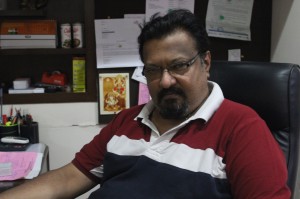
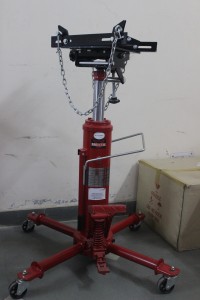
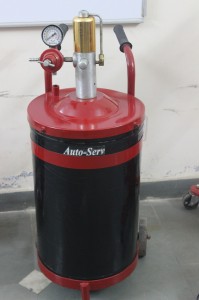


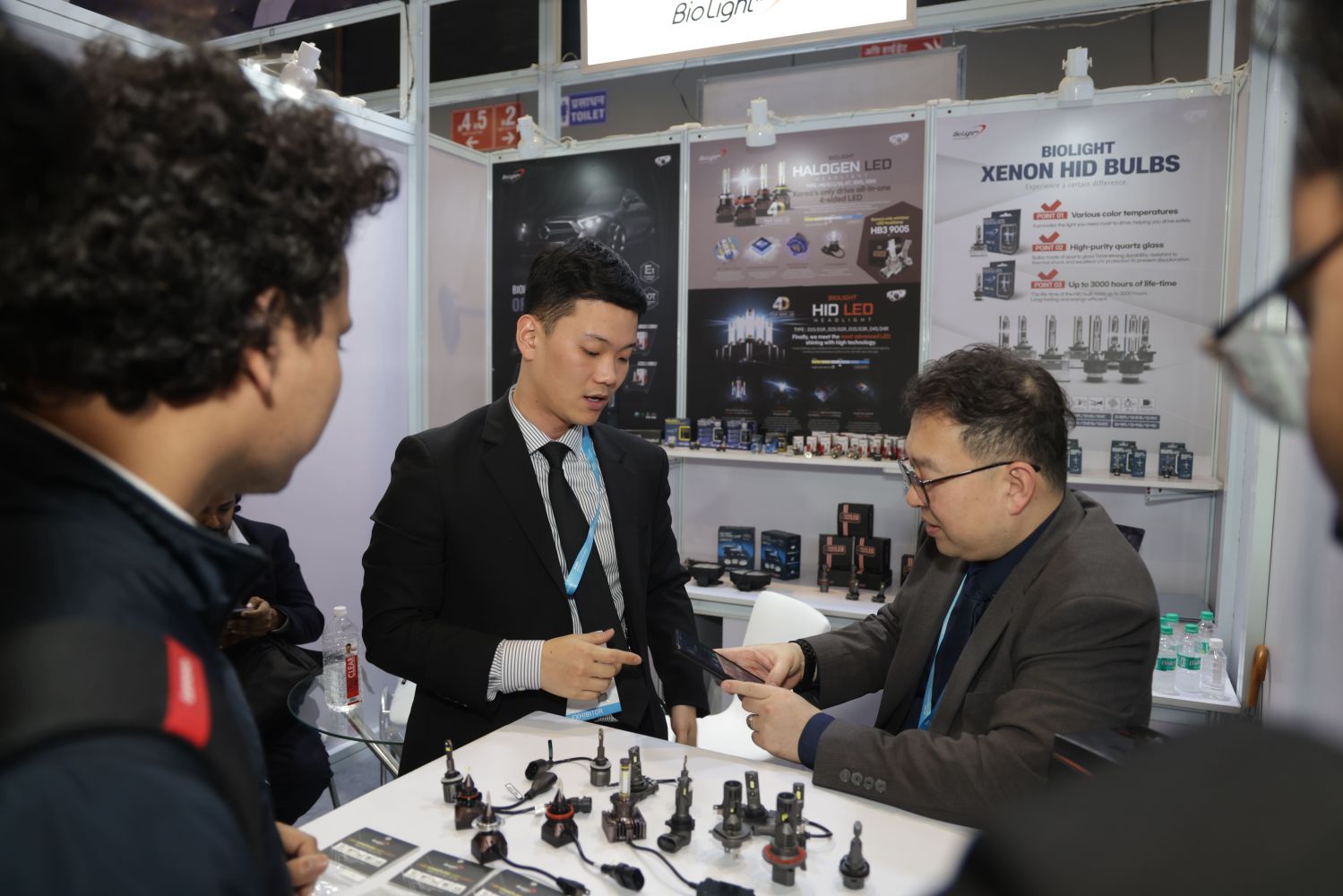
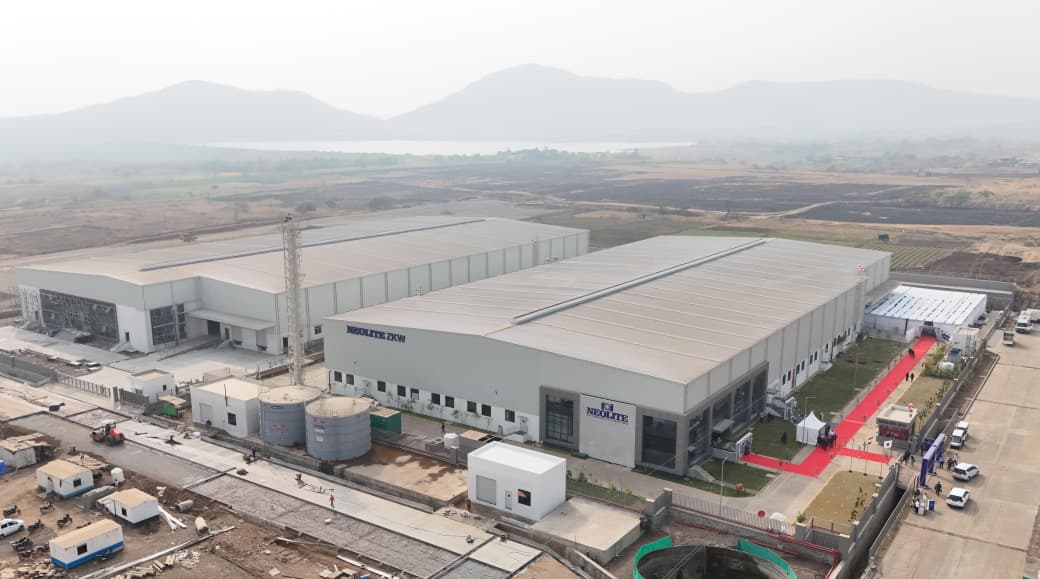
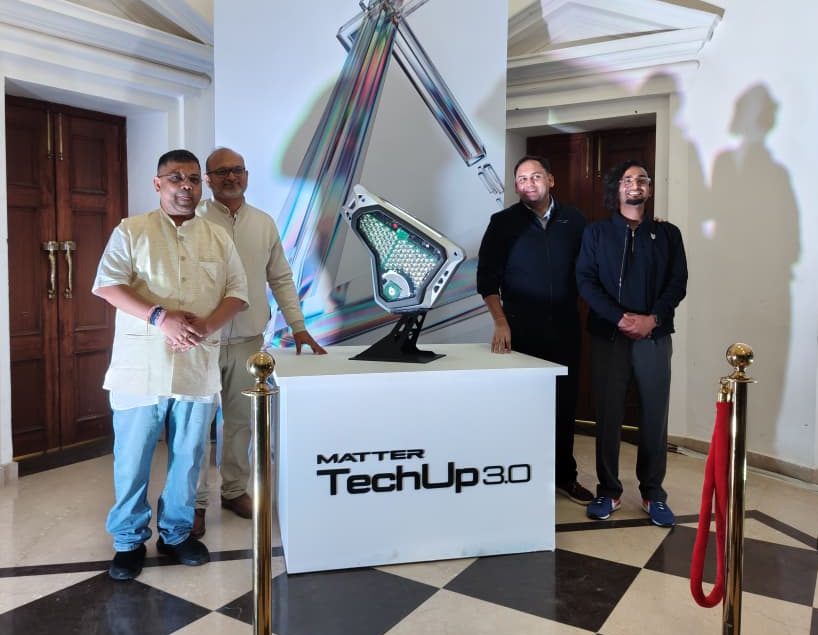
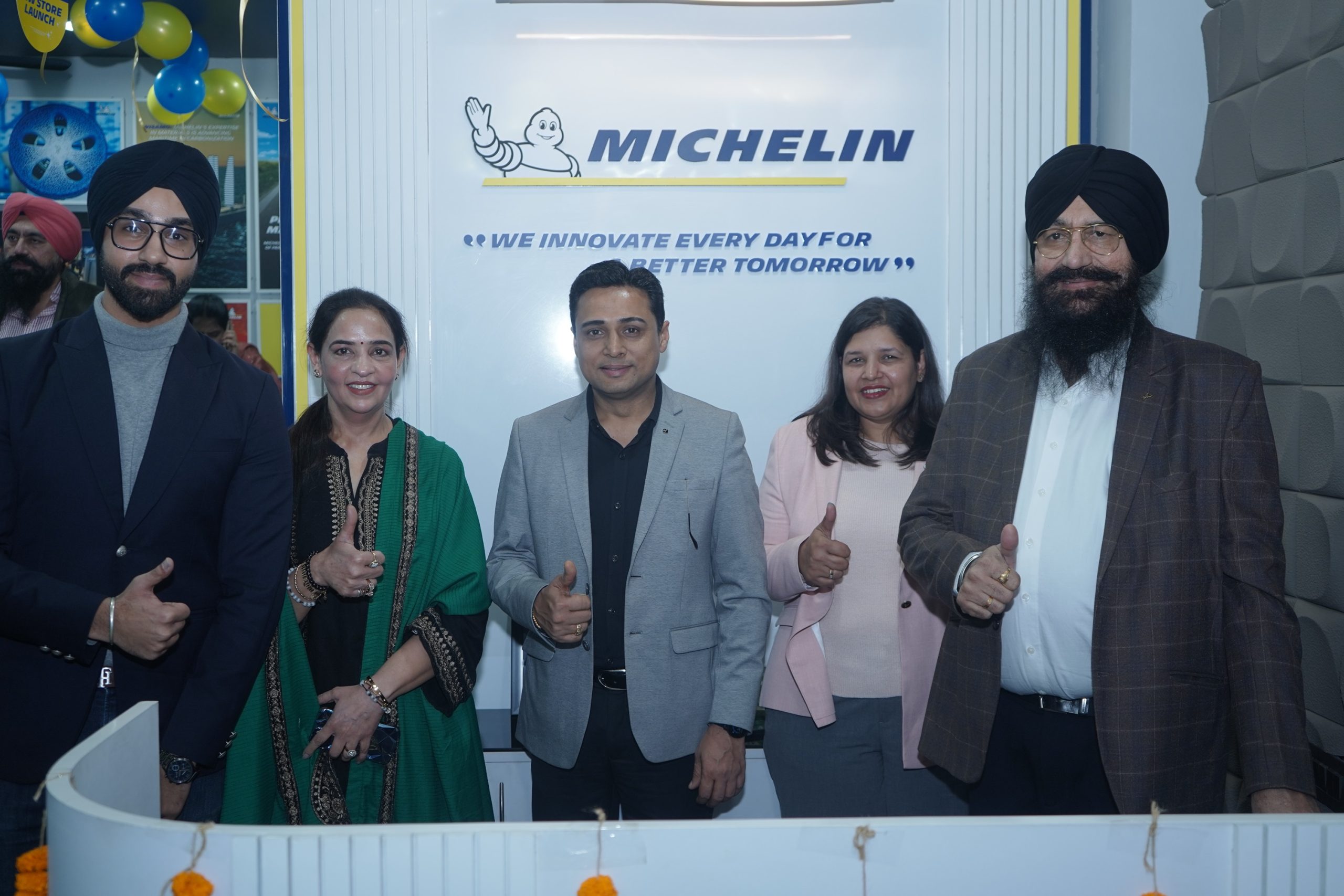
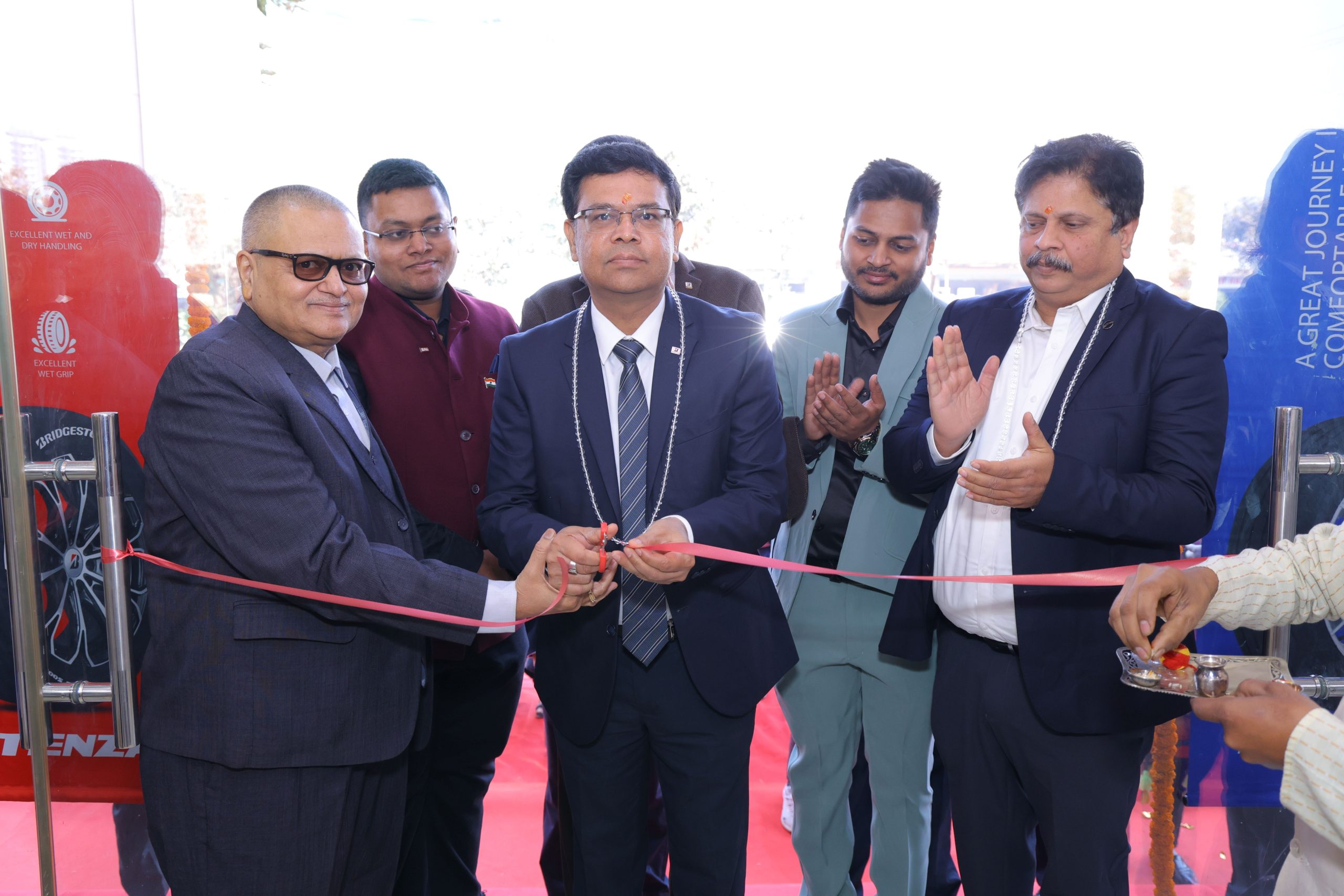
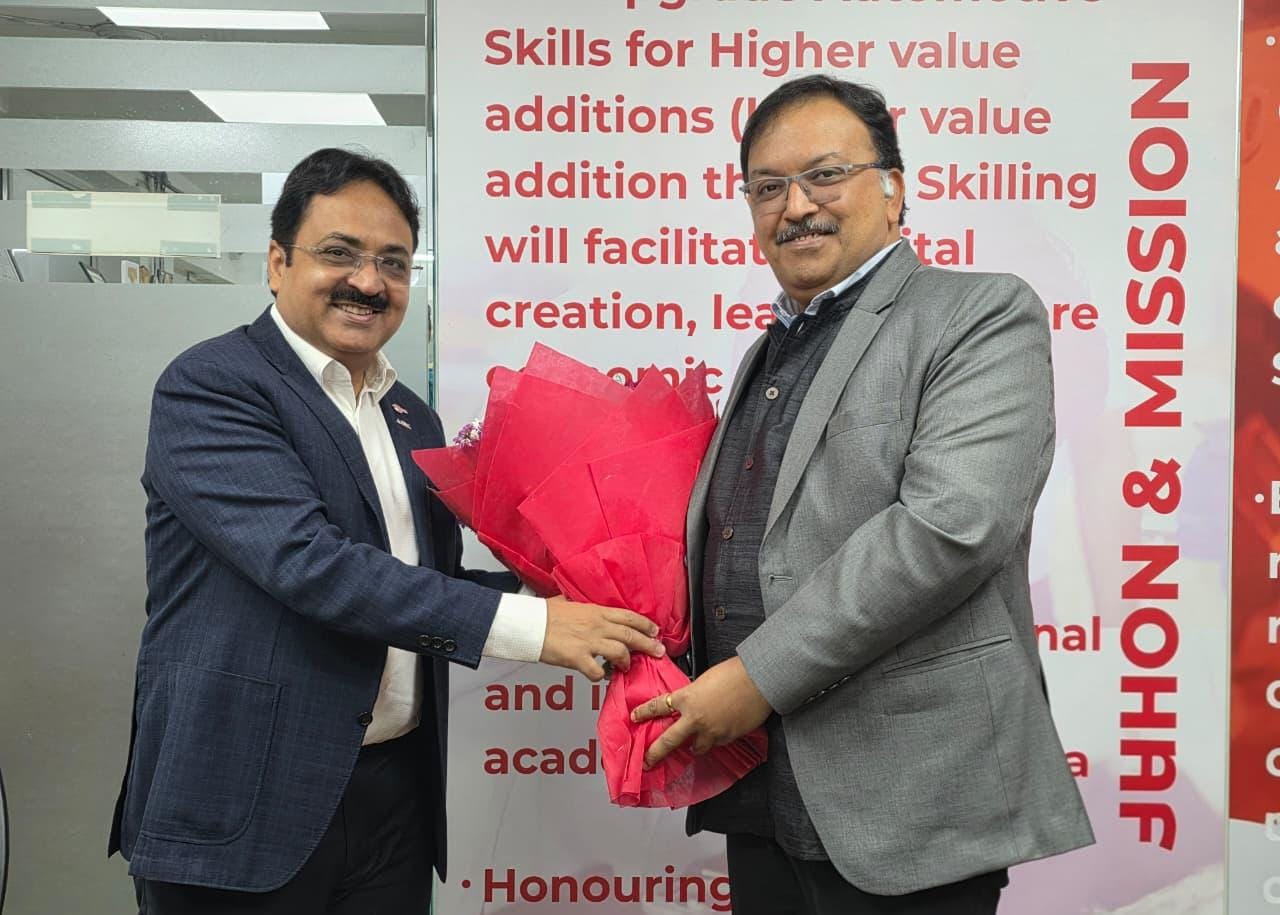



garage door repair Fremont
Greetings! I’ve been following your blog for a while now and finally got the
bravery to go ahead and give you a shout out from Atascocita Texas!
Just wanted to say keep up the excellent job!